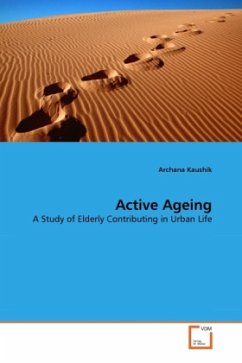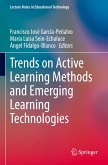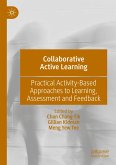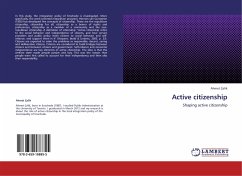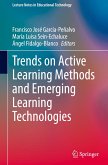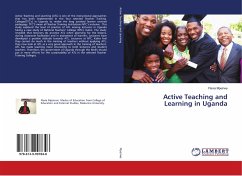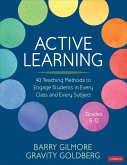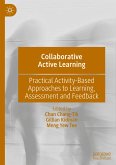Population ageing has almost become a universal phenomenon. However, myopic view of society accentuates vulnerability of the elderly, leaving aside the positive and active roles many of them play in their daily life. The World Health Organization and the United Nations, at many for a, advocate for active ageing' that is antidote of vulnerabilities of old age. In this context, the book, an empirical research work, documents the numerous modes in which elderly contribute in the family and community, that often go unnoticed and unrecognized. The research findings explode the myth that aged people are spent-force, unproductive, inactive and dependent. It delves into the factors that influence active and productive ageing among senior citizens living in urban setting. It is a comparative study of two neighbourhoods of Delhi, main differentiating factor being socio-economic status. Research scholars, gerontologists, policy makers and planners would find the book relevant.
Bitte wählen Sie Ihr Anliegen aus.
Rechnungen
Retourenschein anfordern
Bestellstatus
Storno

